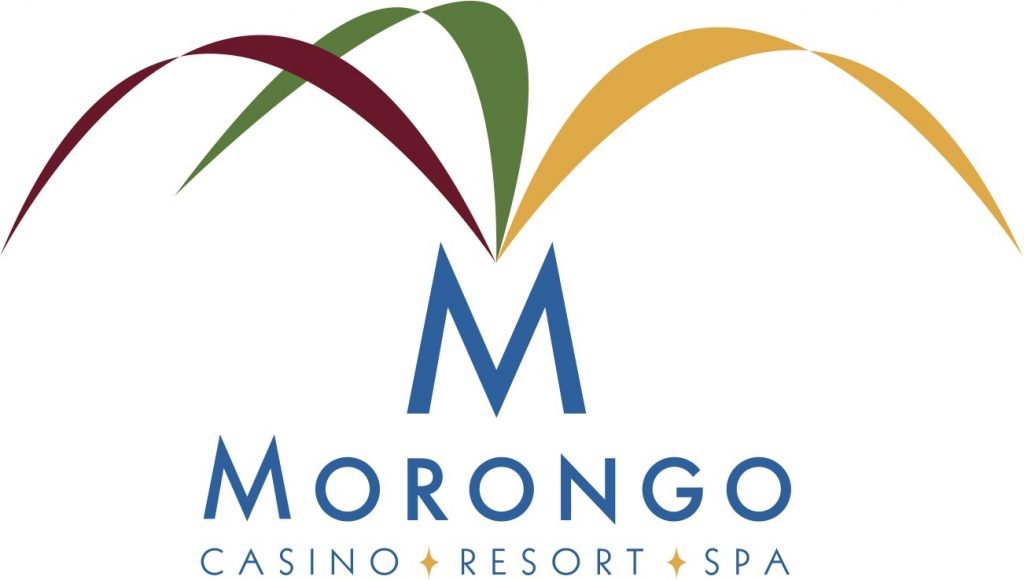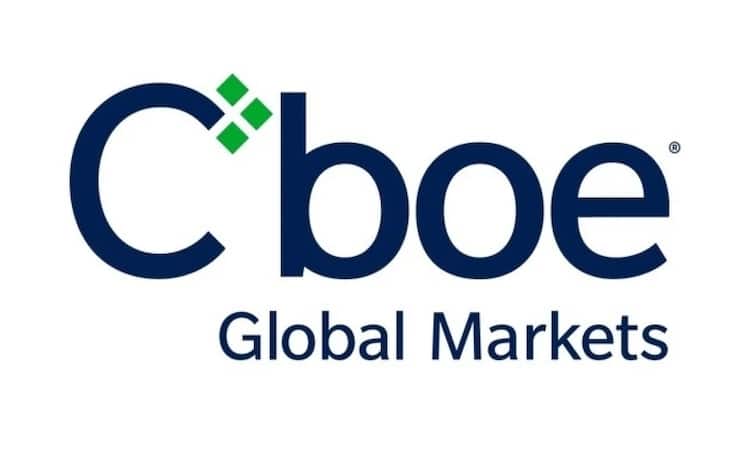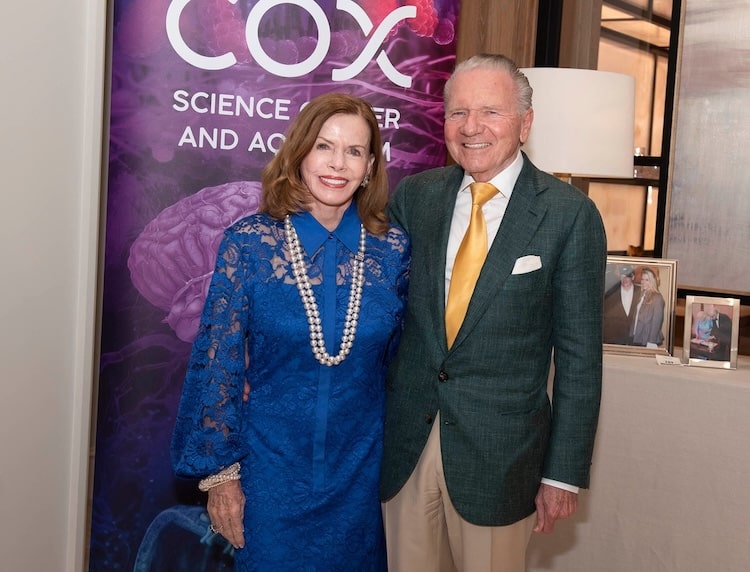Based in California, the Morongo Band of Mission Indians were federally recognized in 1987 and operate the Morongo Casino, Resort & Spa.
History
The Morongo Band of Mission Indians can trace their ancestors back to the Wanakik Cahuillas and Serrano Indians, both of whom were baptized in 1809 at Mission San Gabriel. Following this, the groups would receive teachings on agriculture and raising animals, which would contribute to the livelihoods of many of the members for many years to come.
The Morongo Reservation was on May 15, 1876, and was issued as a patent to the Morongo Band of Mission Indians on December 14, 1908. The people on the reservation would begin as farmers and would later form the Malki Fruit Association in 1919.
The Morongo Bingo Hall would open in 1983 as one of the first Tribal gaming enterprises in California. However, this would trigger the California v. Cabazon Band of Mission Indians case, which would be taken to the Supreme Court in 1987 when local authorities tried to shut the tribal gaming operations down. The Supreme Court would rule that ‘Indian reservations may not engage in a form of gaming when that form is illegal in the state; conversely, Indian reservations may engage in a form of gaming when that form is legal in the state’, ultimately allowing the bingo halls. This case would then be superseded by the Indian Gaming Regulatory Act in 1988.
The original Casino Morongo would open in 1988, and would stay open until 2004 when the new Morongo Casino Resort & Spa opened.
Tribal Government
The Morongo Band of Mission Indians is headquartered in Banning, California and are governed by a democratically elected tribal council.
This council formed the Morongo Gaming Agency as a regulatory authority for the tribe’s gaming operations. As well as handling gaming license applications, the Gaming Agency deals with disputes, financial compensation, voluntary self-exclusion services and other ordinances.
Tribal gaming operations
The first gaming property from the Morongo Band of Mission Indians would open in 1983, which would be the Morongo Bingo Hall. The property would serve as one of the first of its kind in California. After it had survived the Supreme Court Case, it would be transformed into the Morongo Community Center following the opening of other gaming properties.
Casino Morongo would open in 1988 as the first casino property of the tribe. This establishment would stay open until 2004, when the new resort would open. This building now houses the Canyon Lanes bowling alley and bingo room.
The Morongo Casino Resort & Spa would open in 2004, which serves as the primary gaming operation of the tribe to this day. The $250m project extends across 44 acres and includes a 27-story hotel with 272 guest rooms, 32 suites, and 6 luxury casitas complete with private pools and lounge patios.
Renovations
2014-2016: The tribe began to lease surrounding property out to other companies, including Panda Express, Starbucks and the first In-N-Out Burger on tribal lands.
2018: A number of commercial suites were opened next to the casino, along with restaurants.
Non-gaming operations
Morongo Travel Center: Originally opened as a Shell Gas Station in 1997, the building was later transformed into the Morongo Travel Center in 2004, alongside the opening of the Morongo Casino Resort & Spa.
Hadley Fruit Orchards: Opened in 1999, Hadley Fruit Orchards offers dates, dried fruit, nuts, and gifts.
Arrowhead Bottling Facility: This facility operates as the largest business for the Morongo Band of Mission Indians besides the gaming operations.
Canyon Lanes: The original Casino Morongo building was transformed into the Canyon Lanes bowling alley in 2007.
The Morongo Golf Club: In 2010, the Morongo Band of Indians took over the East Valley Golf Club, which was situated around 12 miles away from the casino. The tribe renamed the course The Morongo Golf Club at Tukwet Canyon and offers free and regular shuttle services between the casino and golf club.










